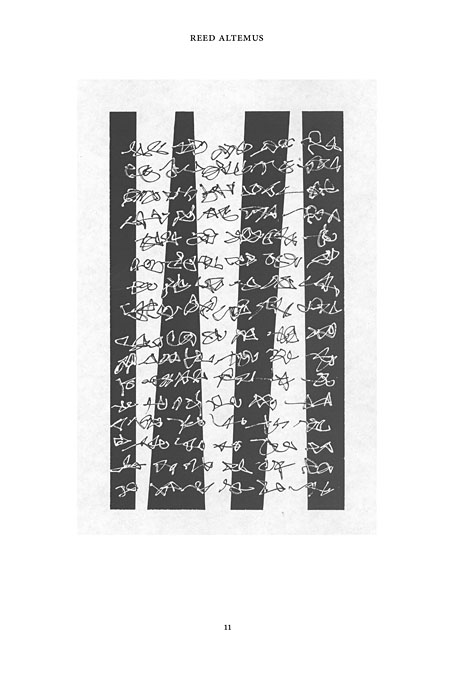
An Anthology of Asemic Handwriting presents a mixture of handwriting styles, from many corners of the world, dating from the Chinese Tang Dynasty (618–907 CE) to the present day. The tendency toward illegibility exists in many cultural traditions, and in this anthology we intend to offer a representative overview of the different styles, and, more specifically, the contemporary developments in asemic handwriting. We deliberately avoided the adjectives “unreadable” and “illegible” in the title of this anthology, because the question of legibility and possible transference of meaning is precisely what is at stake in these writing traditions. These writings are not completely “meaningless” or “illegible,” but challenge our common notions of reading, writing, and the meaningfulness of language. Therefore we prefer the adjective “asemic.” In the late 20th century, this word was handed down from the poet John Byrum to another poet named Jim Leftwich to one of the editors of this anthology.
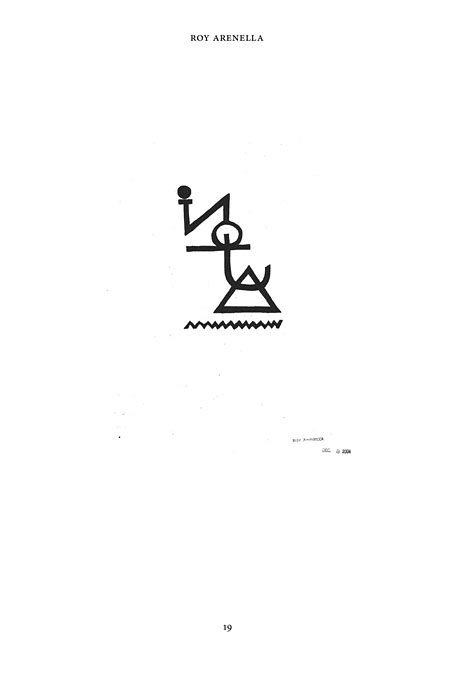
All writing is “asemic” to some degree, to those who can’t read or understand a particular alphabet. Many of the one hundred examples collected here by Tim Gaze and Michael Jacobson are unorthodox writings created for artistic purposes, as the editors note later in their book’s introduction:
…visual artists from movements as far apart as Dada, Russian Futurism, Surrealism, CoBrA, Tachisme, Fluxus, Abstract Expressionism, Gutai, and Lettrisme have created asemic handwritten forms.
An Anthology of Asemic Handwriting was compiled in 2013, with each creator being given a single page. Aside from the introduction, the collection isn’t very informative. There are no dates applied to each piece, so you won’t know from looking at a single page that Max Ernst, for example, incorporated asemic forms into his paintings as well as his prints. The book is best taken as an introduction to a field of creativity too often absorbed by general art or literary history, and a spur towards further research.
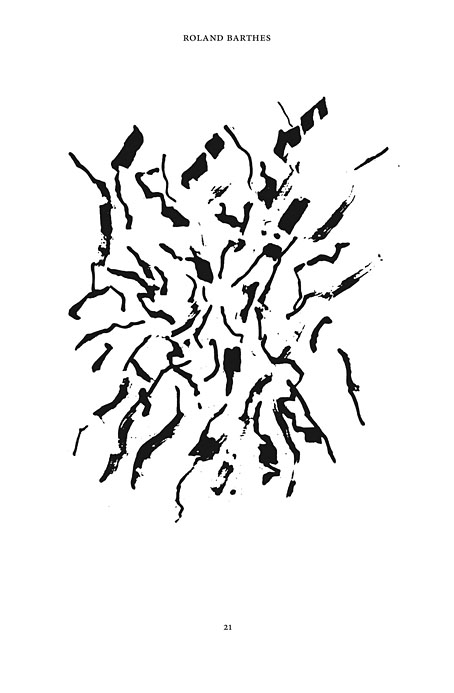
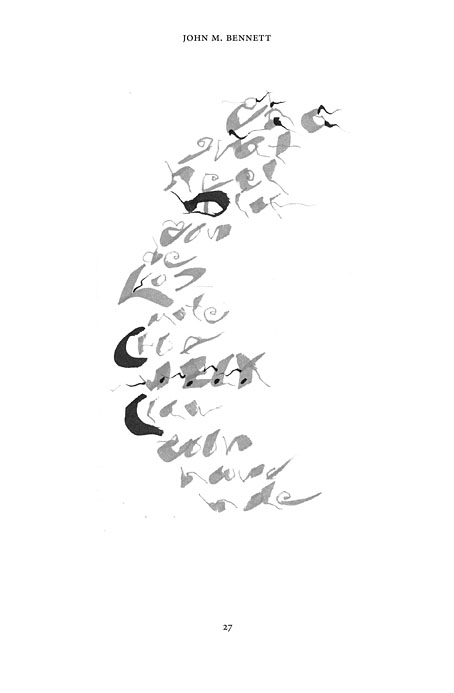
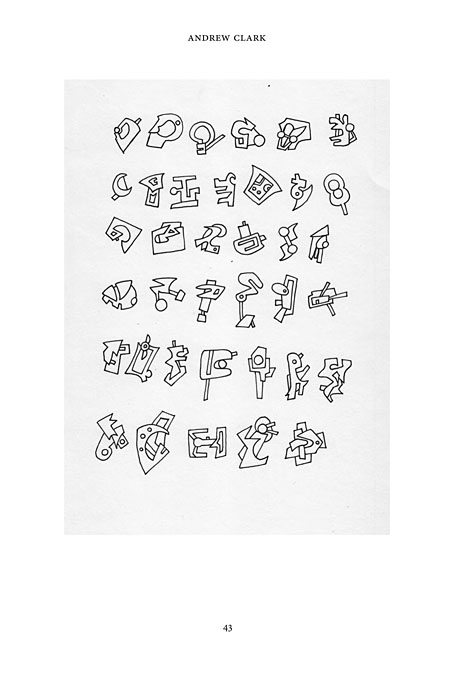
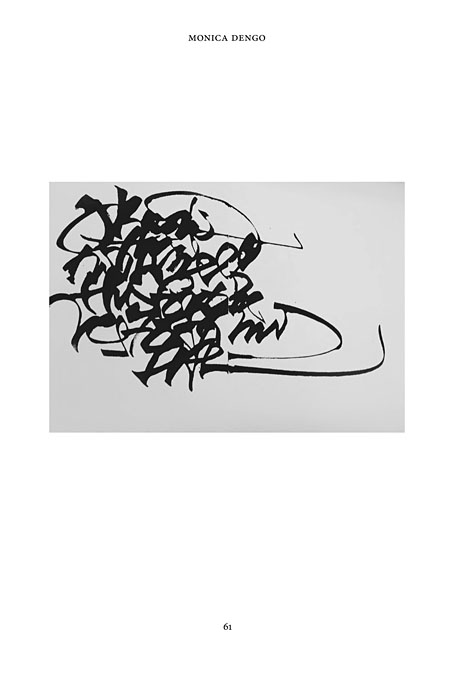
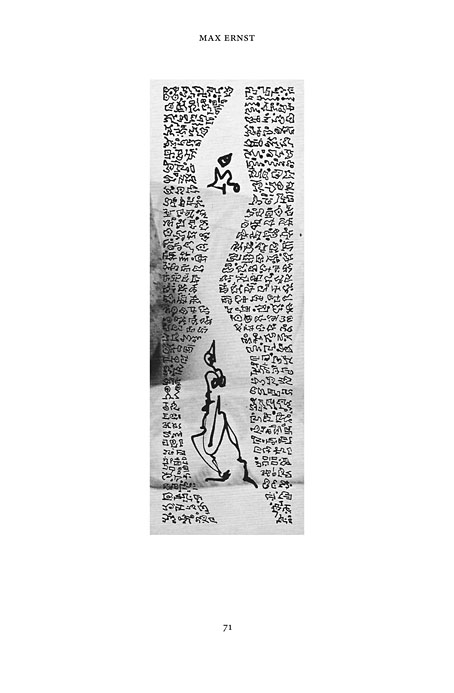
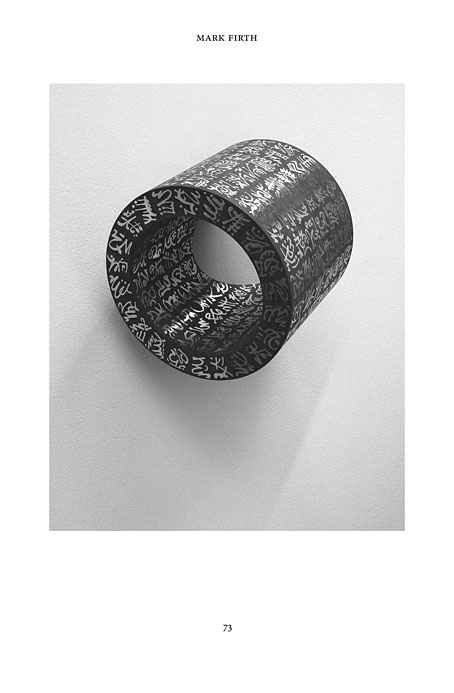
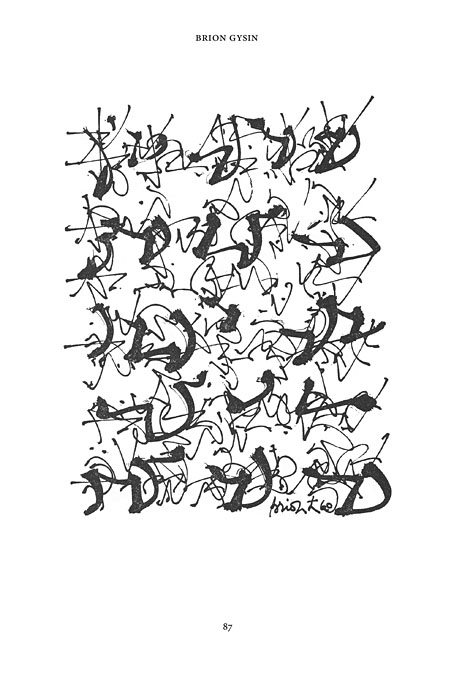
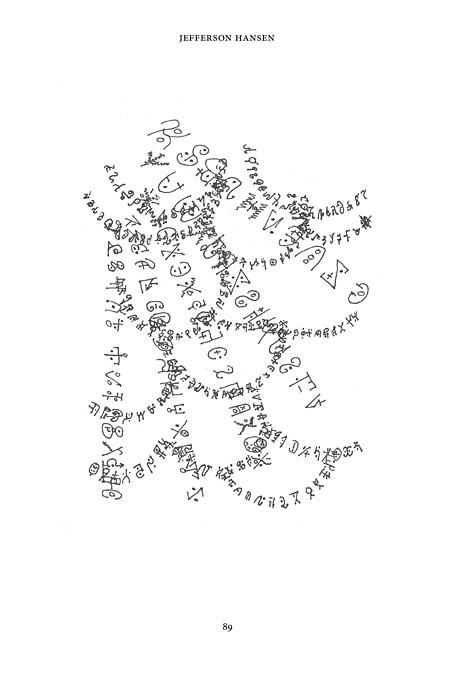
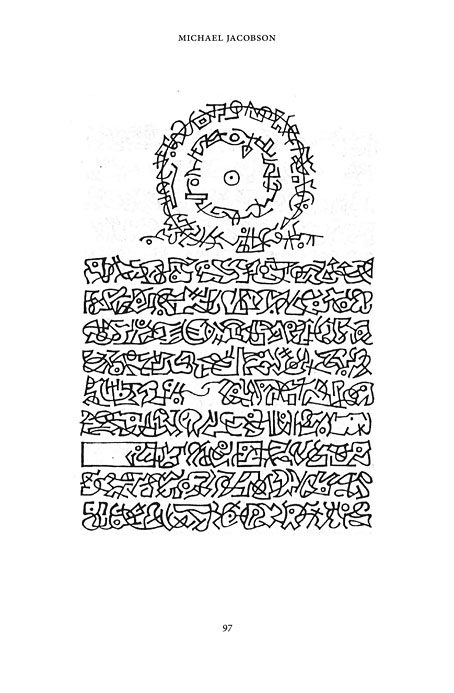
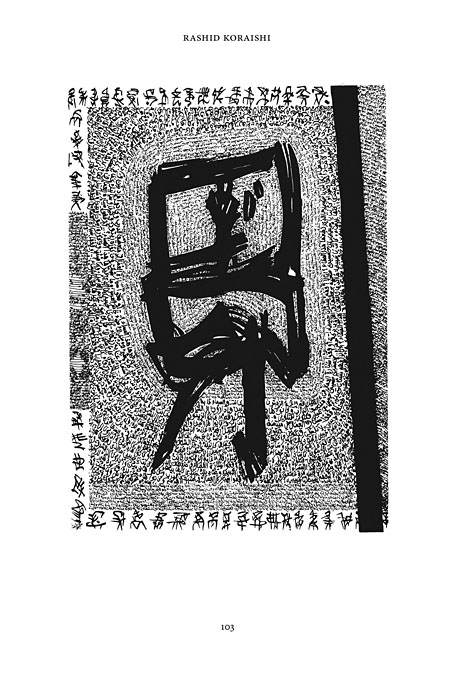
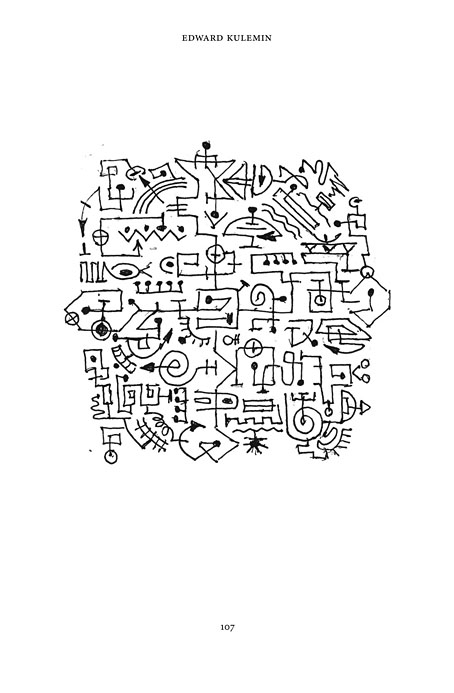
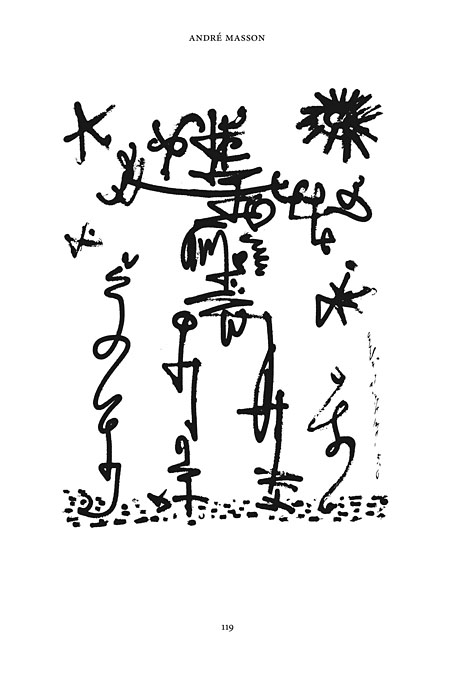
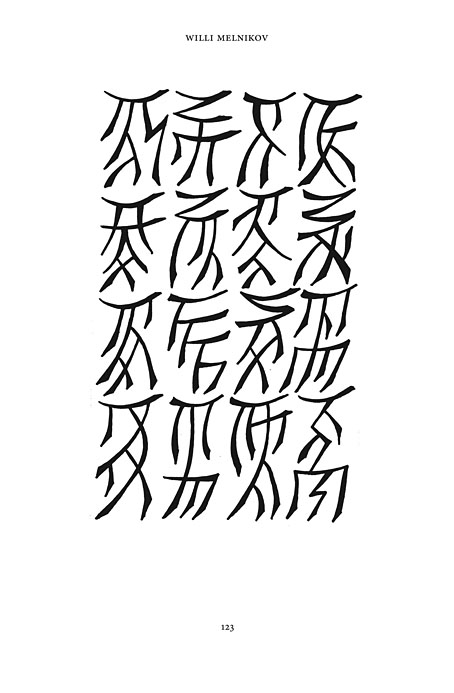
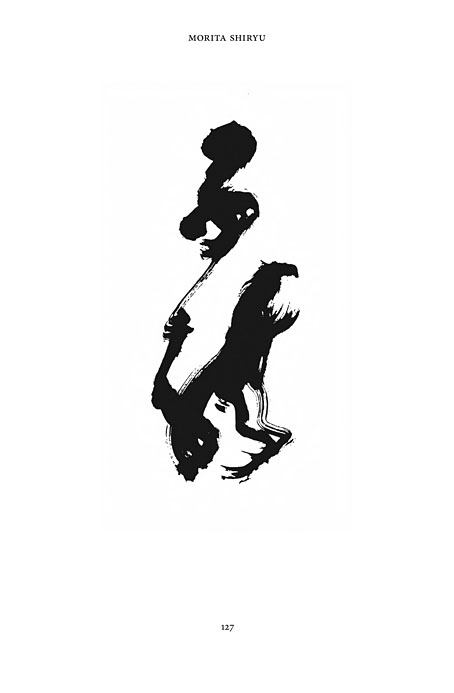
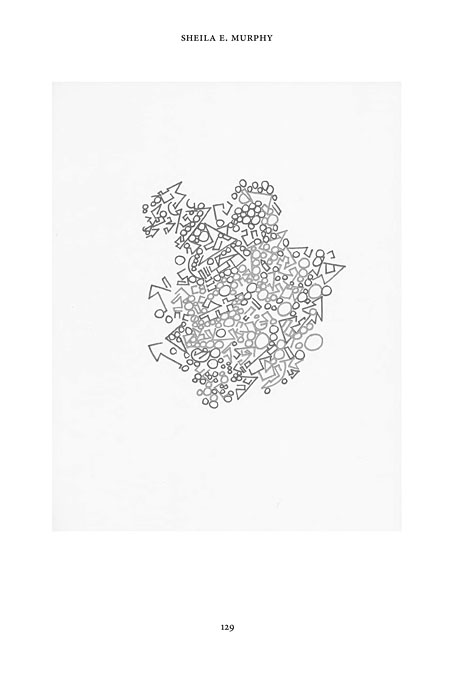
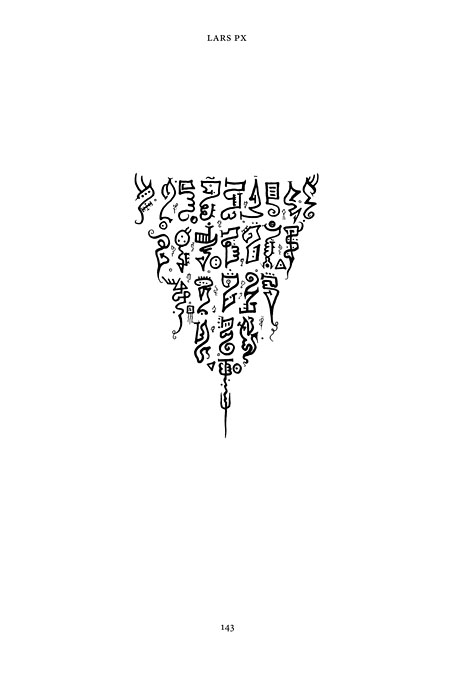
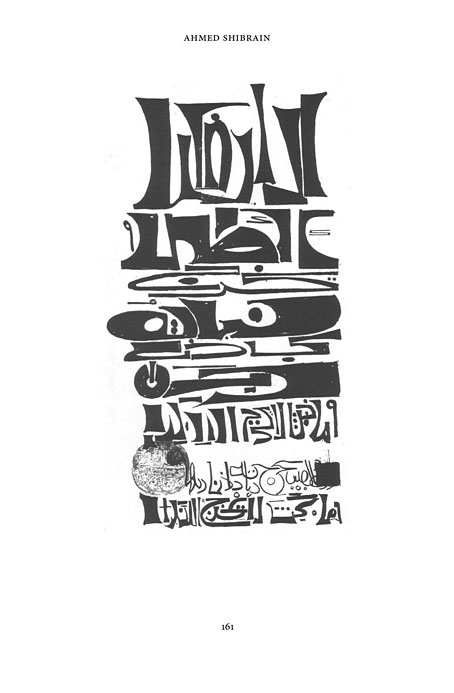
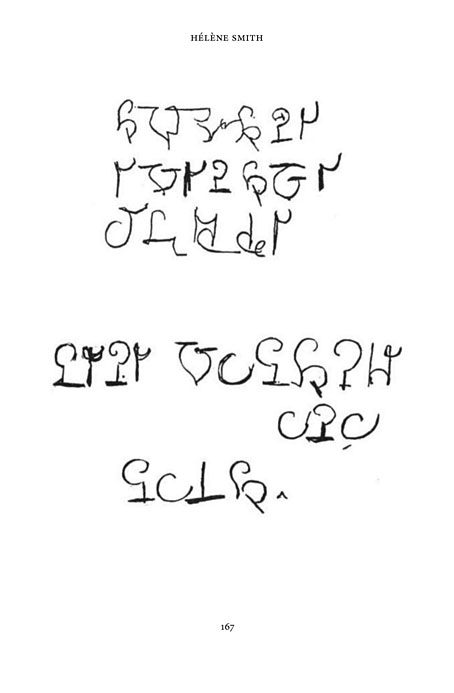
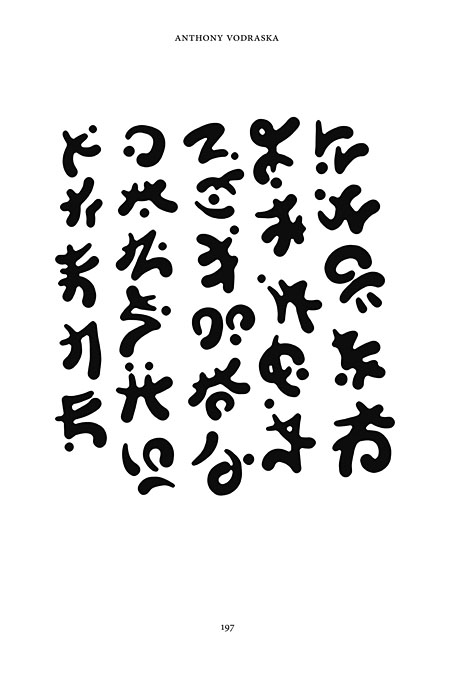
Elsewhere on { feuilleton }
• The Surrealism archive
Previously on { feuilleton }
• Maximiliana oder die widerrechtliche Ausübung der Astronomie

Fascinating! Two other people who might fit this category, or are at least adjacent to the discussion: Allyson Gray’s “secret writing”, and Marian Zazeela’s calligraphy.
There’s a lot of it about, as Spike Milligan used to say. Angus MacLise might have been included in the book as well.
Thanks for mentioning Allyson Gray, I hadn’t seen any of her work before.
Have you seen the work of M L Van Nice? https://nmwa.org/art/artists/m-l-van-nice/
I have loved her works since I was a child in the 70s and she and my Grandmother were “Housemates”.
She gifted various family members with beautiful “documents” of many styles, all of which were threaded through with what I now know to call “asemic” writing.
Thanks, Terry, I don’t think I have but that incredible Swiss Army Book is the kind of thing I may have seen in the past if she’s done more along those lines. As I said above, there’s a lot of asemic writing to be found once you start looking for it, this anthology only scratches the surface.